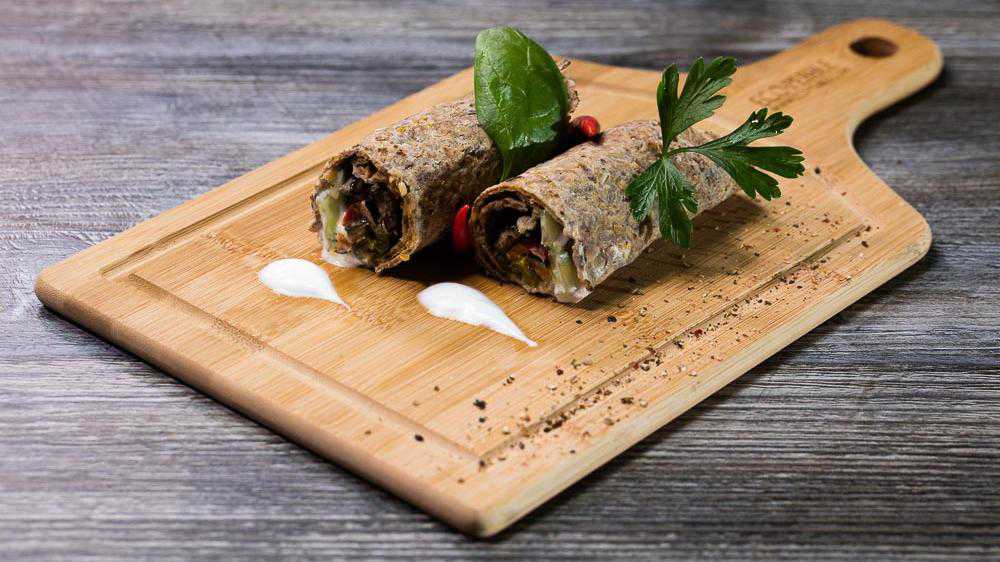A good tonic to the pandemic? How ghost kitchens happen to be shaking up the UAE's food scene
08 February, 2021

When you order meals via an app on your phone, more and more, nobody at using the restaurant possibly sees it, aside from prepares your meal or gives your parcel. Instead, it would go to a digital or “ghost kitchen” anywhere in the UAE, where a separate provider cooks your meals - alongside the dishes of many other restaurants - before handing it over to another operation to provide.
The rise of ghost kitchens is one of the biggest trends in the food industry and is having a radical influence on the way restaurants operate. Dubai start-up Kitopi is normally one such enterprise, cooking up to million meals on a monthly basis.
Cooking food pizza, sushi and woks beneath the same roof
Founded in January 2018, Kitopi has operations in Dubai, Abu Dhabi, Kuwait City and Riyadh with an increase of than 35 kitchens and 1,000 users of staff cooking intended for Operation Falafel, PizzaExpress, Nathan’s Prominent, Bondi Sushi, Correct Bite, Burger Gas, Wok Boyz and Beneath 500, to name just a few of its 120-additionally clients.
Each location properties a number of smart home stations, which Mohamad Ballout, co-founder and chief executive, says permits Kitopi to make certain that meals are ready and set for dispatch within ten minutes.
As for concerns about whether signature and favourite dishes will flavour the same, a good ghost kitchen needs to ensure that the meals cooked by its intensively trained staff is no dissimilar to the dishes made famous by each cafe, from branch to branch.
A Pizza Express pie, for instance, has a distinctive flavour whether you’re taking in one in London, Hong Kong or Dubai. Appropriately, the ghost kitchen’s staff are trained to reproduce signature dishes exactly so customers don’t spot the difference.
“Each restaurant that occurs board trains Kitopi’s chefs and approves the product prepared in the kitchen through taste tests. We also encourage brands to frequently audit our food and operation,” says Ballout.
“We cater to the complete customer experience quest from the call center to delivery enabling, to expand and scale [a restaurant’s] giving and reach in virtually any location via a Kitopi kitchen. Think about it as Franchise 2.0.”
Conjuring restaurants for culinary diversity
Kitopi pays each manufacturer between 10 % and 13 % of the profits from the food orders, and the cafe itself bears none of the operational costs, such as for example substances, labour and delivery. Similarly, iKcon’s ghost kitchens in the UAE take care of Clinton Street Baking Business, Doner & Gyros, Moti Roti and Keto Bowl.
Meanwhile, Dubai’s Sweetheart Home has taken the idea one step even more; none of the makes it cooks for includes a physical cafe and each was “created” by the company itself to covers culinary bases.
With a central manufacturing facility and four kitchens over the city, its food is branded under Amigovio Burritos, Fat Boy, Chicken Little and 28 other brands which may have never existed as physical spaces. Nonetheless, these “eating places” appear on systems such as for example Zomato and Talabat, company logo and all.
“The thought of licensing someone else’s brands hardly ever crossed my mind,” says Peter Schatzberg, leader of Sweetheart Kitchen. “And in hindsight, I have figured avoiding franchise royalties and having total control over the innovative process, recycleables, procurement, production and prices has justified pursuing my instincts and producing brands from scratch.”
Schatzberg says this version is a lot more difficult and needs additional time to build quantity, but believes that whenever it becomes scalable and pivots towards profitability, individual label brand possession is vital in the delivery space. Sweetheart Kitchen aims to have up to 10 systems in the UAE and seven in Kuwait by the finish of March, and possesses plans to move into Saudi Arabia in the second half of the entire year.
Source: www.thenationalnews.com
